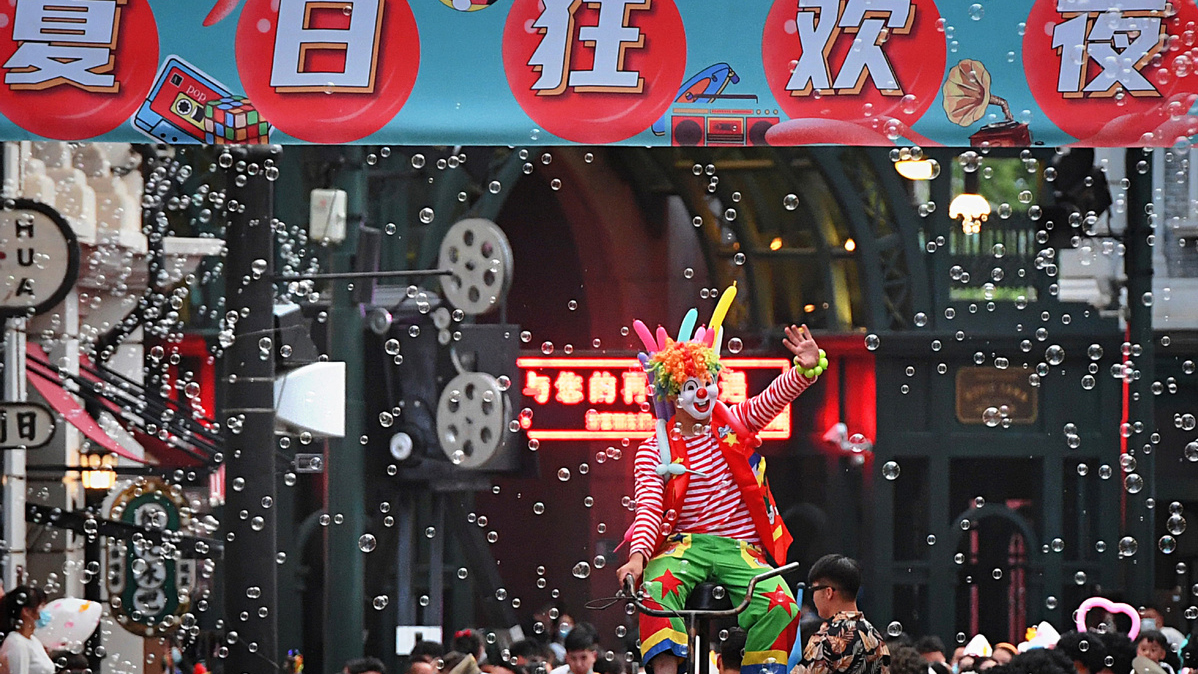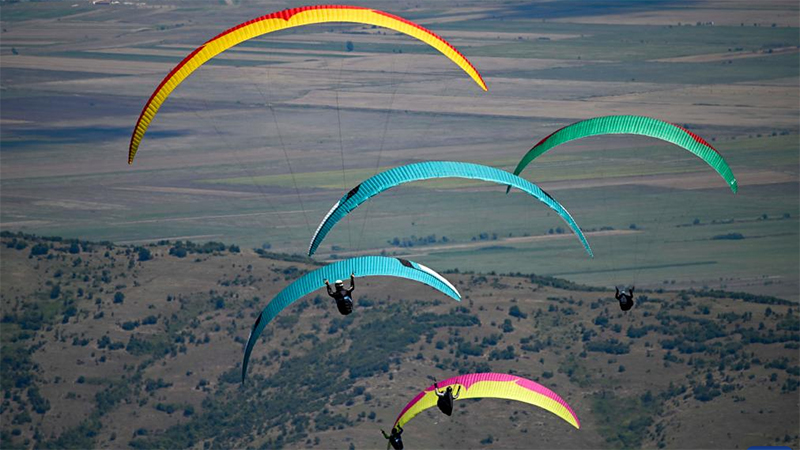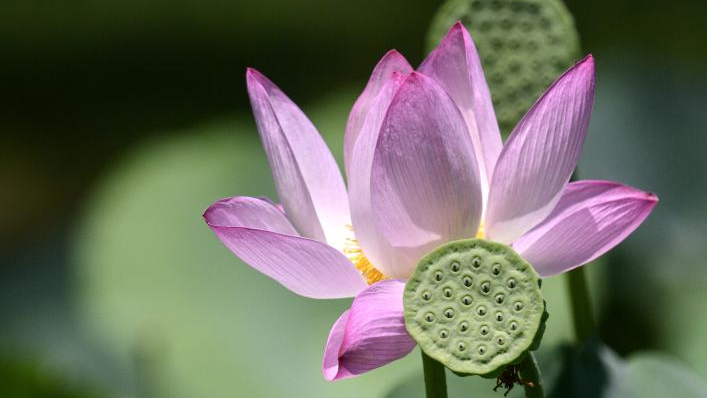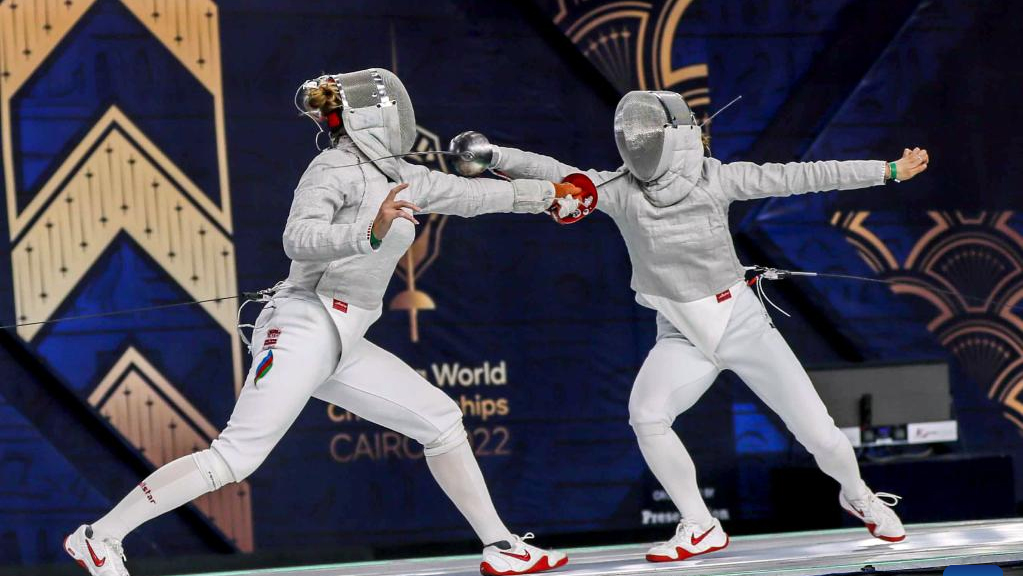Chinese tanning salons embrace booming period amid pandemic, fitness fad
Along with the impact of the COVID-19 pandemic and the fitness fad in recent years, more people in China reportedly started to go for the sun-kissed look, and tanning salons in big Chinese cities are likely to embrace a booming period.
Liu Yong'an, the owner of the Bronze Bang Tanning Studio in Sanlitun, told the media that his studio saw the number of clients rocket since 2020. According to Liu's observation, the sharp growth was driven by the eagerness of people to go out and enjoy the sunshine after being restricted at home during the past two years due to the pandemic.
Liu told the media that he just opened a second studio in Guomao, the Central Business District of Beijing.
He said that when his first studio in Sanlitun started operations in 2009, there were fewer than three similar studios in Beijing.
The Global Times on Wednesday searched "sun tanning in Beijing" in Dazhong Dianping, a widely used crowd-sourced review platform for local businesses in China, and 544 results appeared. There were 448 results when searching such services in Shanghai and 473 results in Guangzhou.
Besides major cities like Beijing, Shanghai, and Guangzhou, the service is also popular in some cities that are gathering spots of Chinese internet celebrities, like Chengdu and Hangzhou, with 179 results and 87 results, respectively.
About a decade ago, clients of Chinese tanning studios were mostly foreigners working in Beijing. Chinese clients at that time were mainly actors or models and most of them were males, according to Liu.
In a traditional culture where women try any method to cultivate paler skin - think about the face-kini that covers the wearer's entire head, which debuted on Chinese beaches a few years ago and soon made global headlines - more Chinese females have started to tan their skin in recent years, along with the spreading fitness fad and demand for beauty, media said.
A Guangdong-based blogger of China's lifestyle-oriented platform Xiaohongshu, or Little Red Book, named Pang Jianwei told the Global Times that she started to tan in 2018 after she accidently burned her skin.
"Many people told me I looked better with tanned skin. So I started to reflect on the standard of so-called beautiful skin color. Now I think I am beautiful as long as I am healthy and confident, no matter what color my skin is or how skinny I am," said the blogger.
According to Pang, some older generations still uphold "the paler the prettier" standard, but more Chinese youngsters are embracing more authentic beauty standards.
In Hangzhou, a group of "sun chasers" would gather together to enjoy a sunbath at rooftop pools in local hotels, making them one of the rare groups who would be excited about the record-breaking hot summer this year.
"Sun-kissed skin makes me look more healthy and energetic," Ma Wanjun, a female fitness blogger and member of the sun-chasing group, told the media.
There was once a heated discussion on Chinese social media over the standards of beauty due to the appearance of Wang Ju in the hit idol-training show, Produce 101.
With tanned skin, freckles and an athletic build, Wang is the antithesis of the "standard" Chinese pop idol. Netizens criticized her weight and skin color, questioning if she was even "suitable" to perform in an idol girl group.
Facing controversy, Wang pushed back, saying that "some people say girls like me cannot be idols. But what exactly are the standards for being a girl idol? I've broken all the standards."
Huang Ziting contributes to this story
Photos
Related Stories
Copyright © 2022 People's Daily Online. All Rights Reserved.









